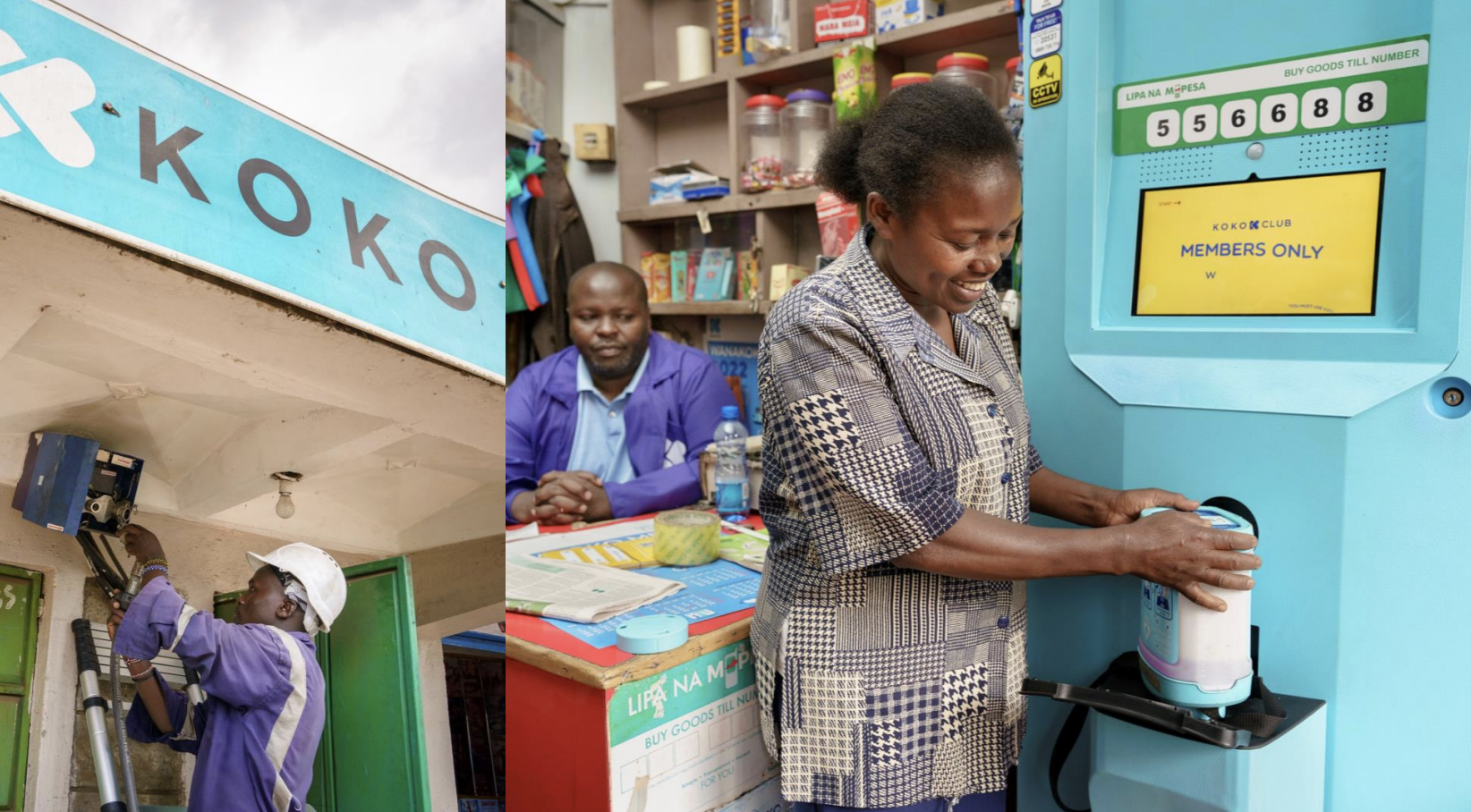

Good morning ☀️
We’re a few weeks away from Moonshot 2024!
Seize the opportunity to enjoy a group ticket discount with your friends or colleagues. Experience two days of invaluable insights from industry leaders, networking with potential partners and investors, and witnessing groundbreaking innovations shaping the future of the African digital economy.
Get ₦8,000 off on 2 tickets and ₦20,000 off on 4 tickets.

Fintech
Thepeer returns $357,000 to investors

Returns on VC funding are all or nothing. VCs either get outsized returns from their investment (or sometimes 2x the money invested) or nothing at all. According to figures from Andreessen Horowitz, one of the world’s largest VC firms, 6% of startups in a portfolio drive 60% of the returns.
However, in some rare cases, founders tend to return VC dollars when they back out of their pursuit.
This was the case for the founders of Nigerian fintech, Thepeer, which set out to connect fintechs across the continent for easy money movement. After the founders decided that the product had not found scale, they closed down the startup and returned $357,000 of the $1.35 million funding it received. The refund math suggests that an angel investor who wrote a $10,000 cheque would have received a $2,280 refund.
While the idea was great, the startup couldn’t grow at the scale needed for a venture-backed company. According to its financials, Thepeer generated less than $1,000 in revenue in the first three quarters of 2023.
At the time of its shutdown, the fintech had about $450,000 in the bank, money enough to find a product market fit. But the fintech founders decided otherwise.
“Despite what seemed like a significant runway, we forecasted that we would not be able to onboard and drive integration of our services with customers at a fast enough rate to achieve scale and sufficient revenue,”
The startup shut down in April this year, marking a close to its 3 year. Thepeer is not the only startup to have shut down this year due to a lack of traction. In January, Cova, a Nigerian wealthtech startup that allows users to track their assets in one place shut down due to a lack of traction. Cova had one year of runway left in the bank.
Read Moniepoint’s 2024 Informal Economy Report
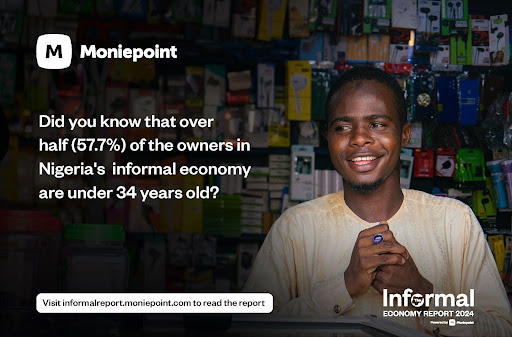
Did you know that 57.7% of the business owners in Nigeria’s informal economy are under 34 years old? Click here to find out more about the demographics of Nigeria’s informal economy.
Startups
Food delivery riders want more pay, and companies are getting creative
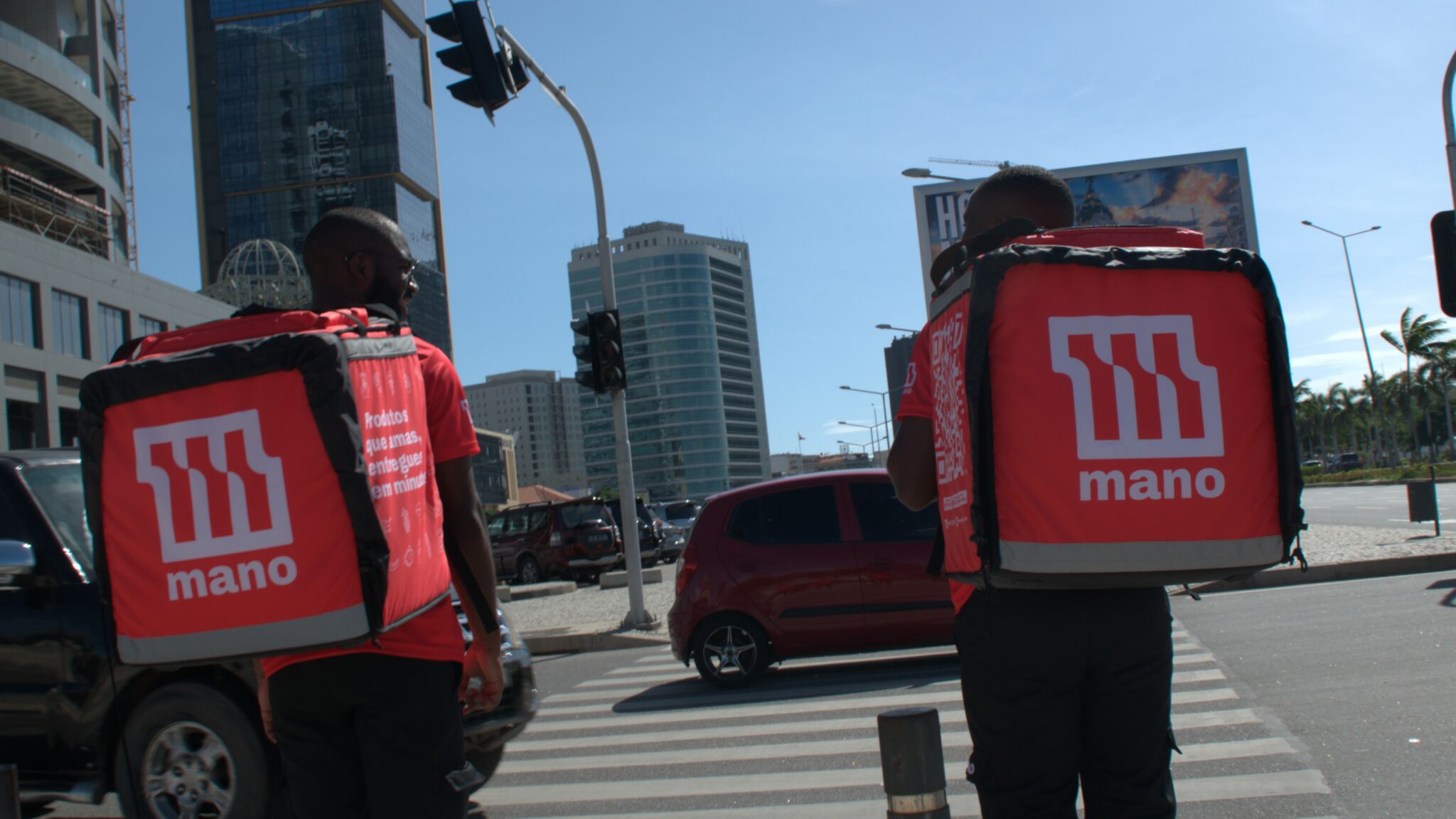
What happens when you increase the fuel price for a nation that is heavily dependent on fuel—and battling inflation at the same time—to power their everyday lives?
Chaos. In Nigeria, where fuel has doubled in price over the past year, gig drivers are lobbying for higher fares and reduced commissions from ride-hailing apps. Though their demands remain unmet, food delivery startups are devising creative ways to retain their riders amid rising costs.
Delivery riders have been asking for more pay due to the increased cost of fuel. They’re spending at least 50% more than they used to.
That’s the hard thing about operating a two-sided marketplace: when you try to please one side of the market, you might risk making the other side less happy.
To balance this, Mano, a Nigerian food and grocery delivery service, is offering weekly bonuses of ₦2,000 to riders, likely paying out of their pockets. Similarly, Glovo provides performance-based bonuses to motivate its riders. Other startups are exploring electric motorcycles, though they are not necessarily cheaper.
It’s a tough act to balance. Two ways things can play out: startups might absorb the cost of rider incentives without raising prices for users, or they could increase order prices to balance the financial strain.
While absorbing costs might seem like a short-term solution, it raises questions about long-term sustainability. Food delivery startups might need to explore additional value-added services to justify higher customer spending or, like Chowdeck, seek alternative pathways to revenue.
Fincra secures International Money Transfer Operator (IMTO) licence in Nigeria
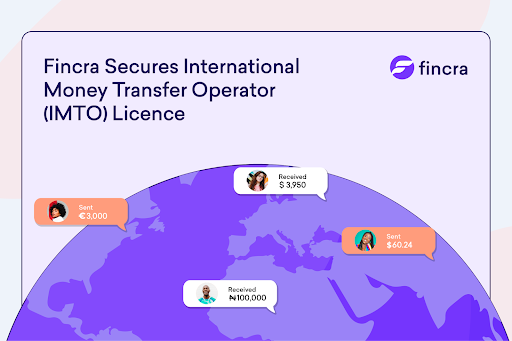
Since its inception, Fincra has provided businesses with local payment options. However, with the IMTO licence, Fincra can now manage funds transfers from abroad to Nigerian recipients more efficiently. Read more here.
Economy
Kenya’s treasury deficit widens by 28%
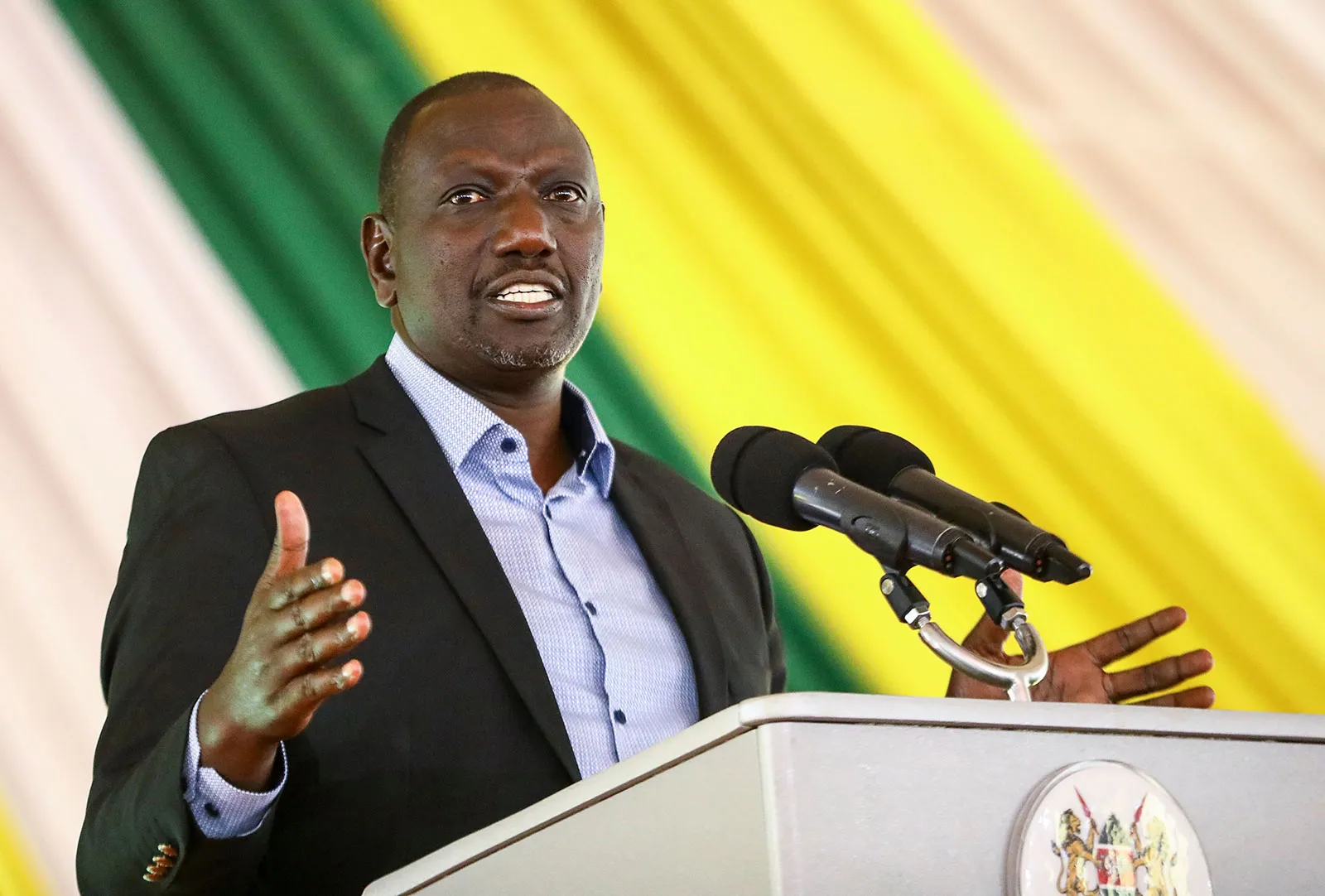
In June, the Kenyan government tried to plug a $3.7 billion hole in its budget by imposing a raft of taxes, including a tax on bread and other everyday items.
Those taxes would have raised about 2.7 billion shillings in government revenue. However, violent protests by Kenyans made the government retrace its steps leaving the deficit in its budget uncovered. That hole may have grown bigger.
New estimates from the country’s Treasury Secretary, John Mbadi, suggest a 28% increase in the government’s budget deficit. The revised forecast, according to Mbadi, now stands at KES767 billion ($5.95 billion) up from $3.74 billion.
The widening budget deficit has put pressure on Kenya’s public finances, which are already strained by debt repayments, pending bills, and expenditure carryovers from the previous fiscal year. The government’s ability to provide essential services, including healthcare and education, is at risk if the deficit continues to grow.
Kenya’s regional administrations are also facing financial difficulties due to delayed central government funding. If this situation persists, it could disrupt essential services at the local level.
The government’s fiscal challenges have prompted downgrades from major credit rating agencies, further exacerbating the country’s economic woes. Kenya may face a debt crisis if the government can implement effective measures to increase revenue and reduce spending.
Psst 👀 Here’s Paystack Developer Contributor of the month
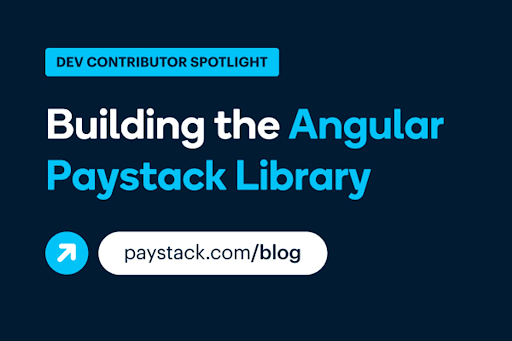
Microsoft Engineer Ekene Ashinze built the Angular Paystack Library, a module that helps developers accept payments in their Angular apps with Paystack. Discover his journey in creating the library and how it’s opened doors for him both locally and globally. Learn more →
Economy
EU to provide $35 million grant to South Africa

Since the world began experiencing climate change effects, such as heat waves and rising sea levels, there has been a significant focus on “going green.” Between 2010 and 2015, this led to a near-boom as countries explored various clean energy solutions, including solar, wind, green hydrogen, and biogas.
While renewable energy sources, including solar, were initially more costly compared to fossil fuels, the cost dynamics have shifted significantly. Over recent years, the cost of renewable energy technologies, particularly solar power and photovoltaic (PV) cells, has decreased substantially.
But the same cannot be said for green hydrogen yet. To get to that level, we need to make low-cost electrolysers.
Yet, Africa is not giving up on green hydrogen. The European Union (EU) will provide a €32 million ($35.3 million) grant funding to South Africa to produce green hydrogen, according to Kadri Simon, Europe’s energy commissioner. The funding will come in two parts: the first $27.6 million will go to green hydrogen production. The second part, $7.7 million will go to the state-owned Transnet SOC Limited, to fund research projects on storage of the fuel.
In May 2022, the European Union (EU) implemented the REPowerEU plan to reduce dependence on Russian fuel imports. While South Africa’s funding is not directly part of REPowerEU, the EU is likely trying to establish energy-generation hubs to import green hydrogen.
As a country that is highly-dependent on coal for energy and electricity generation, the appeal is high for South Africa. Experienced green hydrogen producers like Siemens, already present in the country, can contribute significantly to this project as South Africa steps up its search for clean energy.
CRYPTO TRACKER
The World Wide Web3
Source:

|
Coin Name |
Current Value |
Day |
Month |
|---|---|---|---|
| $56,904 |
+ 3.37% |
– 6.86% |
|
| $2,345 |
+ 2.12% |
– 11.47% |
|
|
$0.184 |
+ 18.81% |
– 23.14% |
|
| $133.46 |
+ 4.06% |
– 13.96% |
* Data as of 06:30 AM WAT, September 10, 2024.
Events
- Inside the big stories transforming the Arabian Peninsula and the world. Introducing Semafor Gulf – your go-to source for understanding the rising influence of Saudi Arabia, the UAE, and Qatar. Three times a week, the Semafor Gulf newsroom will bring you original reporting that examines how the region’s financial, business, and geopolitical decisions shape the world, from culture and investment to infrastructure, climate, and technology. Navigate the region’s capital, influence, and power with Semafor Gulf – subscribe for free here.
- The Lagos Innovates Workspace Voucher Programme is back, offering startups the chance to secure state-of-the-art workspaces with top-notch equipment, all without the usual costs. Benefit from a collaborative environment, networking opportunities, and the freedom to focus on building your dream startup. Apply for a workspace voucher.
- Lagos Idea Hub is an 8-week program designed for entrepreneurs ready to scale their startups with tailored mentorship, proven growth strategies, and direct access to industry experts. Gain practical insights from mentors who understand your industry, implement strategies that drive sustainable growth, and connect with a powerful network of entrepreneurs, investors, and leaders. Apply to join the Cohort 10.0.
- Resilience17 (R17) is launching an AI Accelerator to help ambitious globally focused teams, build and launch AI products. The Go Time AI Accelerator is open to Nigeria-based companies. The accelerator offers up to $200k total investment with an initial $25k upfront (via SAFES with a $2.5m valuation cap), expert mentorship from industry veterans and technical gurus, technical and business growth support, access to API & Cloud credits, housing credits, delicious team meals, and a vibrant workspace in Victoria Island, Lagos. Apply by September 13.
Issue virtual USD cards for you and your customers

Do you want to issue virtual USD cards for your customers and business expenses? Use Kora’s APIs to issue cards, customise your card program, and set your customers’ funding limit to your risk level. Get started here.

Written by:Faith Omoniyi & Emmanuel Nwosu
Edited by: Olumuyiwa Olowogboyega & Timi Odueso
Want more of TechCabal?
Sign up for our insightful newsletters on the business and economy of tech in Africa.
- The Next Wave: futuristic analysis of the business of tech in Africa.
- Entering Tech: tech career insights and opportunities in your inbox every Wednesday at 3 PM WAT.
- TC Scoops: breaking news from TechCabal
P:S If you’re often missing TC Daily in your inbox, check your Promotions folder and move any edition of TC Daily from “Promotions” to your “Main” or “Primary” folder and TC Daily will always come to you.
















